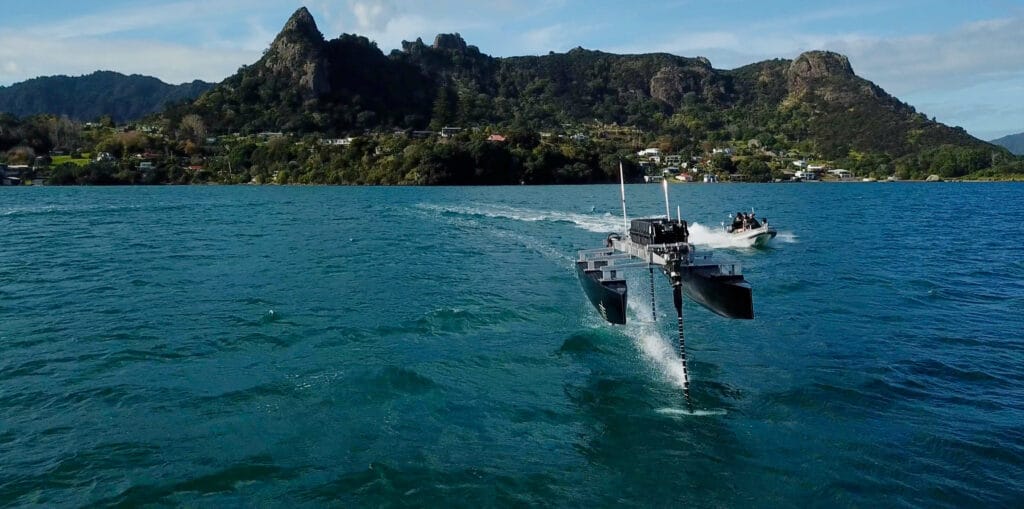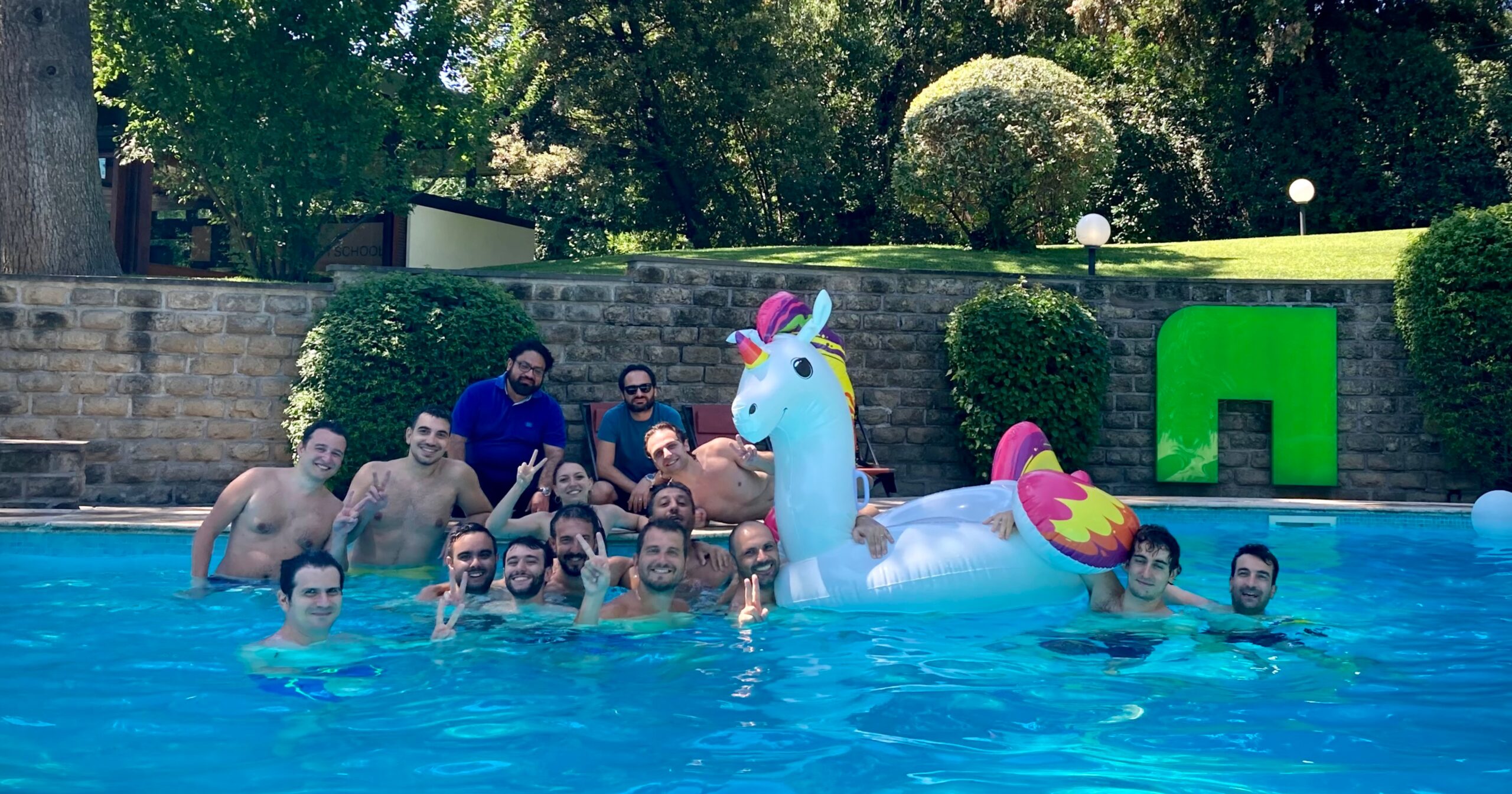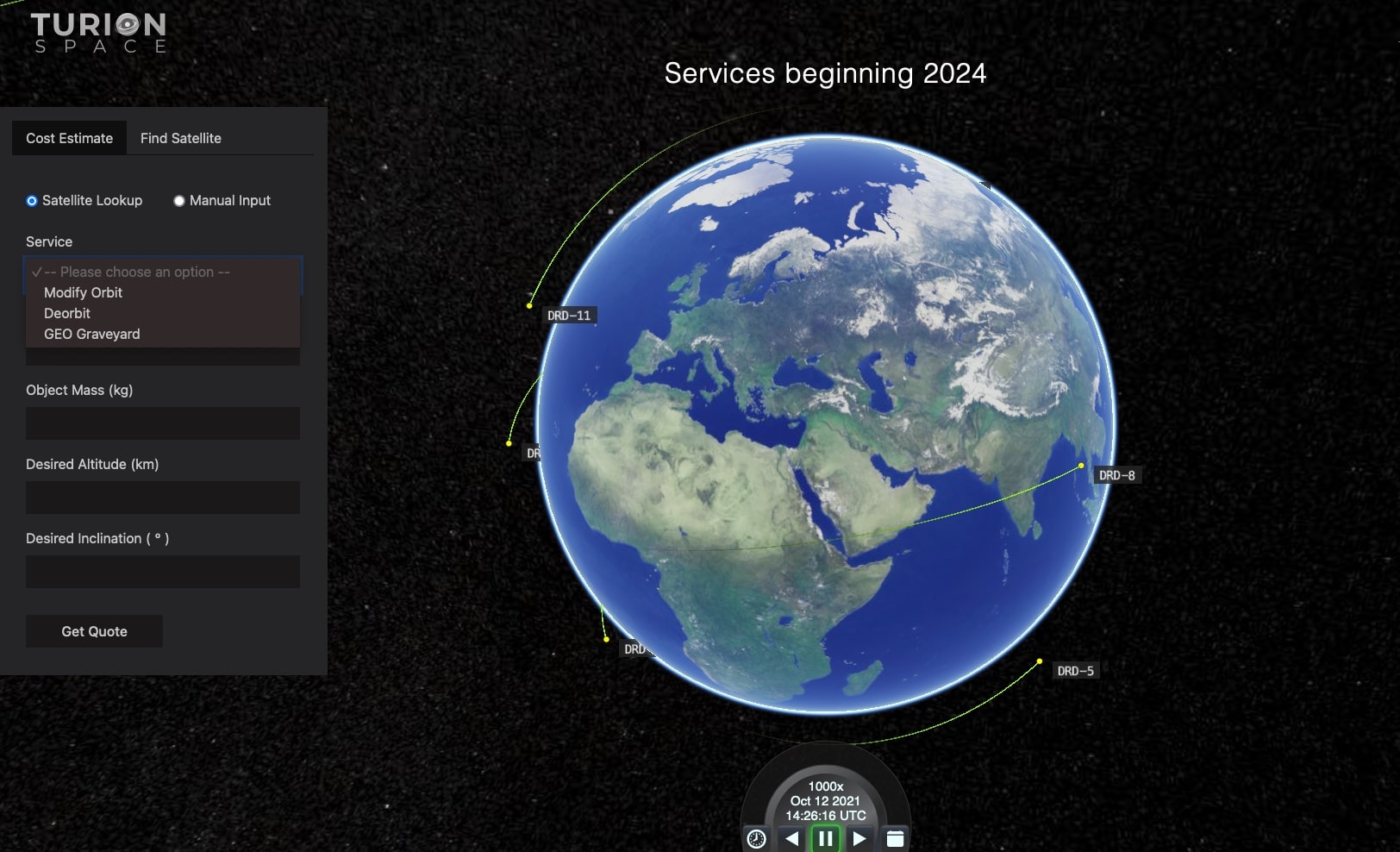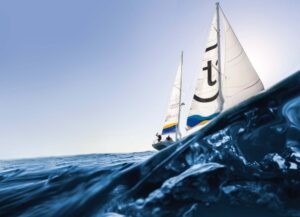We are glad to announce that Pi Campus invested in Seachange, a startup building an electric hydrofoiling ferry for cars and passengers 3 times faster than the traditional bunker-fueled ferries now in use, and far less expensive to build and operate. The company was founded in 2017 in New Zealand by Max Olson, a mechanical engineer who has spent his life working on marine projects plus a former experience as CTO in a startup. Olson is leading the company together with Frederick King, formerly product engineer in a Swedish velomobile startup, and Adam Flynn, formerly first engineer at Wish, where he scaled the tech from initial product launch to multi-billion dollar eCommerce marketplace. Seachange vision is a ferry leaving every 20 minutes you don’t have to book in advance. Pi Campus took part in an early-stage round joining a pool of investors that includes Icehouse Ventures, Blackbird Ventures, and Sir Stephen Tindall’s K1W1. Ports of Auckland also holds a small stake.
Hydrofoiling has been around for a very long time, grabbing a lot of attention in the ‘70s and ‘80s. Unfortunately, it was very inefficient, due to materials and propulsion constraints. “In 2012, America’s Cup kicked off the new era of hydrofoils – says CEO Olson – Now, ten years later, improvements in carbon fiber, composite materials, and weight of the boats, together with more efficient foils make it possible to electrify these boats.” Seachange was able to bring on board some talents from recent America’s Cup teams, including Team NZ, Oracle Racing, and SailGP. By combining advanced materials and new battery technology, the startup is able to offer emission-free ocean transit which has been impossible until now.
Commenting on the investment, Pi Campus CEO Marco Trombetti said: “Ocean transit is an enormous market and one of the slowest to innovate. Max and the Seachange’s team are bringing new air into the game, in any meaning, and they are creating an opportunity to travel the sea in a sustainable way.”

Seachange already produced a scaled prototype to demonstrate its use of hydrofoiling technology at the beginning of this year and is now working on the first full-scale boat. It should be ready in spring 2023, able to carry 6 cars and 30 people for 100km. The range will be extended to 200km with improvements planned in a few years. Onboard, it has a predictive ride control system capable of providing the same smooth ride you might expect from a high-speed train.
Operation for route #1 from Wellington NZ to Picton NZ is already locked in. Next, the startup plans to address Europe, where the coastal travel market is valued at $ 30+ Billion. The Foil 40, as the production-scale vessel was named, will carry up to 25 cars and 200 passengers across these routes at 80km/hour emissions-free.
“Seachange exists to create joyful coastal travel experiences, by providing the fastest door-to-door times, the most comfortable experience, and offering the convenience of bringing your vehicle with you,” says Olson. In the future, Seachange has plans to bring further vehicles to market to create a rich ecosystem of hydrofoiling vessels.






